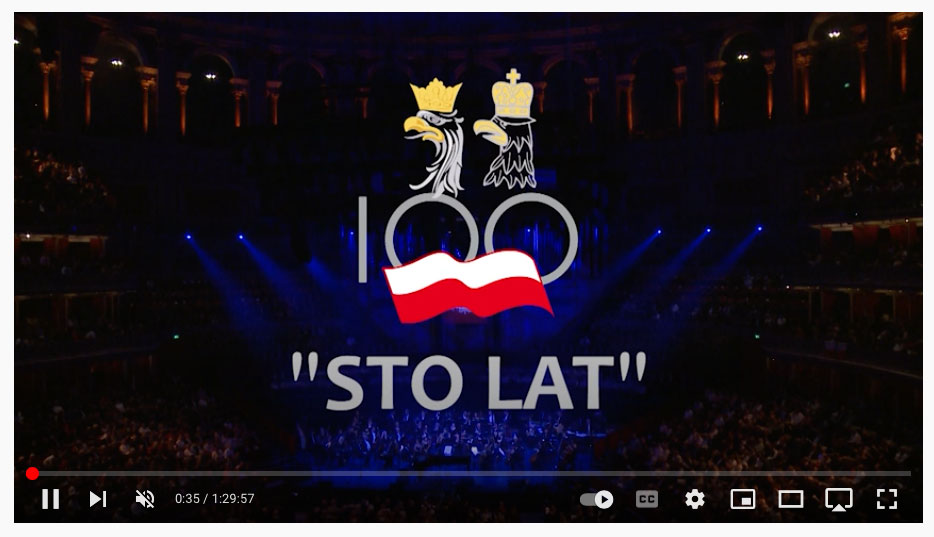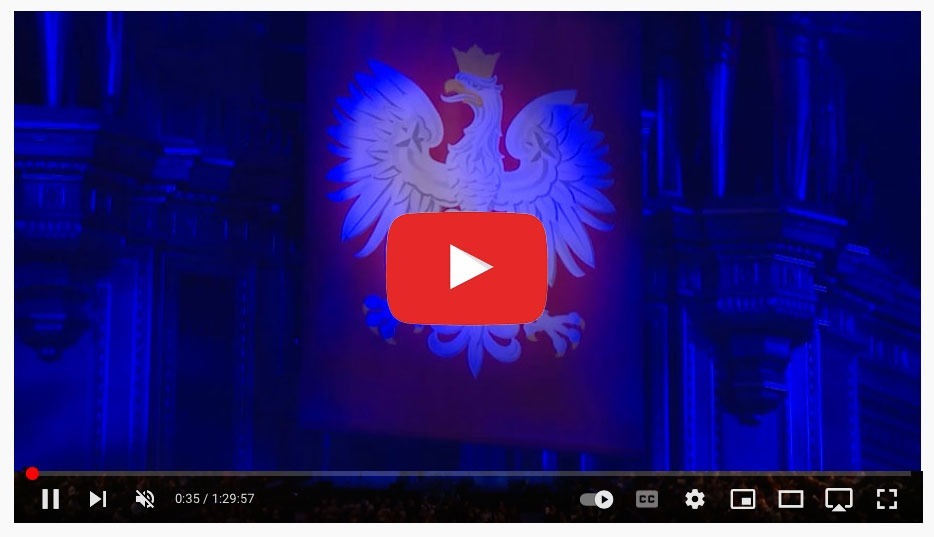
Make a donation
to PHS
Introducing
The Institute
of Polish
Military History
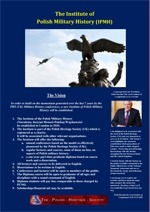
A message from our President, General Lord Guthrie of Craigiebank
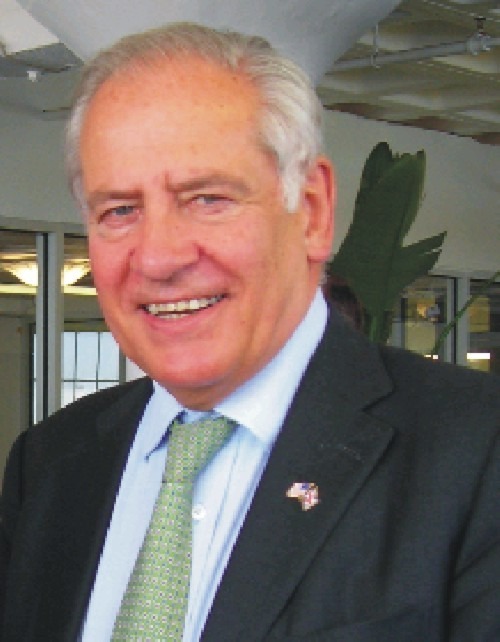
'I am delighted to be associated with the work of the Polish Heritage Society and very honoured to serve as its President. The Society's work highlights the enormous contribution which generations of Poles have made to their adopted country. Preserving and celebrating that heritage will only further strengthen the ties between Poland and the United Kingdom.
I worked closely with the Society on the project to build a memorial to the Polish Forces at the National Memorial Arboretum and saw at first hand the energy and dedication of those involved.
I encourage you to explore this website and learn about the many other projects the Society has sponsored. Do please contact us if you would like to be involved in any way'.
General The Lord Guthrie of Craigiebank GCB LVO OBE
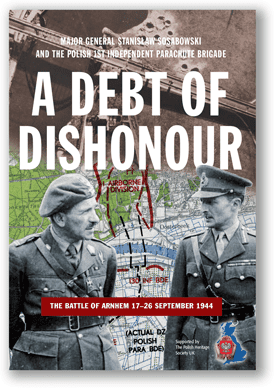
A Debt of Dishonour is a unique documentary film dedicated Major General Sosabowski and all ranks who served in the 1st Polish Independent Parachute Brigade Group and to their Comrades-in-Arms of the 1st British Airborne Division that fought in the ill-fated “Operation Market Garden” at Arnhem and Driel during September 1944.

The Polish Heritage Society
The Economist special report on Poland "A Golden Oportunity"
For the first time in half a millennium, Poland is thriving, says Vendeline von Bredow. Can it last?
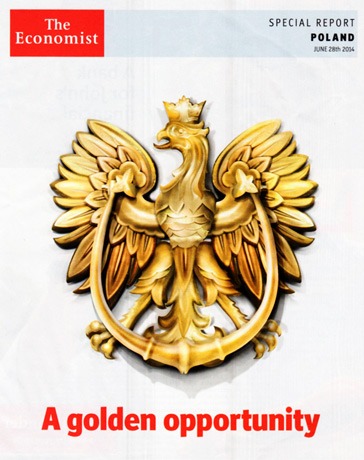 “I AM PROUD of my country,” says Aleksander Kwasniewski, Poland’s president from 1995 to 2005. And well he might be when it is celebrating a series of happy anniversaries: ten years of European Union membership, 15 since it joined NATO and 25 since the fall of communism in eastern Europe. Not since the days of the Jagiellonian kings in the 16th century, when Poland stretched from the Baltics almost to the Black Sea, has it been so prosperous, peaceful, united and influential.
“I AM PROUD of my country,” says Aleksander Kwasniewski, Poland’s president from 1995 to 2005. And well he might be when it is celebrating a series of happy anniversaries: ten years of European Union membership, 15 since it joined NATO and 25 since the fall of communism in eastern Europe. Not since the days of the Jagiellonian kings in the 16th century, when Poland stretched from the Baltics almost to the Black Sea, has it been so prosperous, peaceful, united and influential.
When the Iron Curtain came down in 1989, Poland was nearly bankrupt, with a big, inefficient agricultural sector, terrible roads and rail links and an economy no bigger than that of neighbouring (and much larger) Ukraine. At the time the ex-communist countries with the best prospects were widely thought to be Czechoslovakia and Hungary. Hopes for Poland were low.
But rigorous economic shock therapy in the early 1990s put Poland on the right track. Market-oriented reforms included removing price controls, restraining wage increases, slashing subsidies for goods and services and balancing the budget. The cure was painful, but after a couple of years of sharp recession in 1990-91 Poland started to grow again. It has not stopped since, and received a further boost when it joined the EU in 2004. Since then economic growth has averaged 4% a year. GDP per person at purchasing-power parity is now 67% of the EU average, compared with 33% in 1989, and the economy is almost three times the size of Ukraine’s. The country has redirected much of its trade from its eastern neighbours to the EU, started to modernise its transport infrastructure and restructured some of its ailing state-owned industrial behemoths.
Read full report here: The Economist Special Report: Poland
© The Economist Jun 28th 2014



